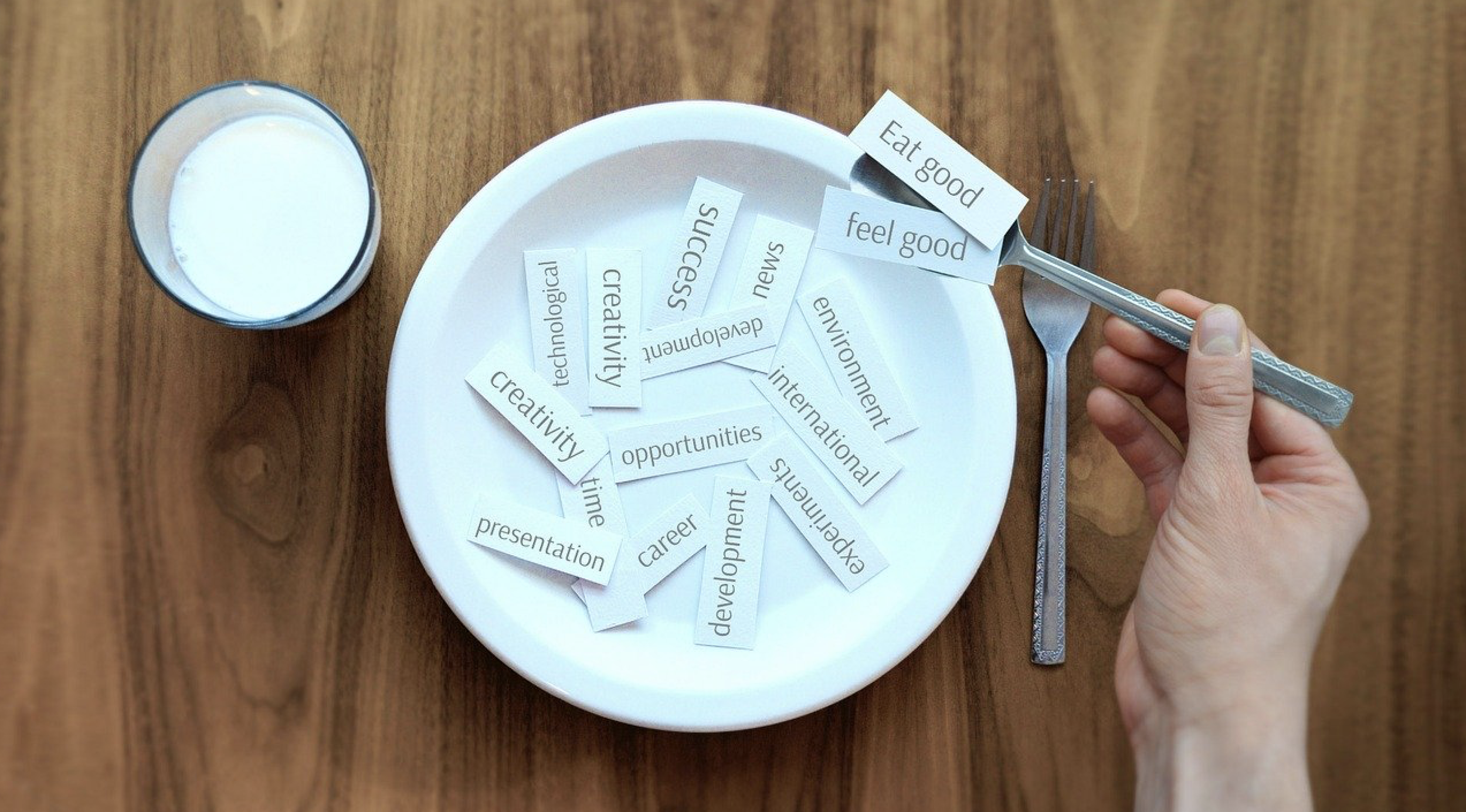How has our relationship with food changed overtime?
It seems to be a common theme everywhere you turn these days that you hear someone talking about how they are “healing their relationship with food”. Have we, as a society, always struggled with our eating habits? Or has our relationship with food become poorer with time, despite having more information on health and nutrition, an increase in health food brands, and easier access to health advice?
Rise of “Orthorexia” and obsession with health
Is there such a thing as being too healthy? Can you eat so “perfectly” that it actually becomes detrimental to your wellbeing?
Orthorexia, a condition that is popping up more and more is an obsession with being ‘healthy’. Everywhere you look you will find people promoting expensive health foods (plus explaining why they will change your life) and promoting a version of an ideal body and lifestyle image.
In many cases, healthy eating and being physically active can lead to a decrease in many common health conditions, such as Cardiovascular Disease, Diabetes, Obesity and musculoskeletal conditions (e.g. osteoarthritis), to name a few. However, for some people this can become obsessive and result in a form of eating disorder known as Orthorexia.
If we are becoming more and more obsessed with ‘health’, why are our obesity rates increasing?
The importance of sustainability:
To see the real benefits of a healthy diet and lifestyle, it must be sustainable and maintained for the long term. You do not need visible abs, a maca powder smoothie every day or to eat kale for breakfast, lunch and dinner to be healthy. It is unlikely to be sustainable and therefore will not lead to long-term lifestyle changes.
Along with an abundance of food, we also have an abundance of information - some great, some not too bad, and some very poor. It is becoming ever more confusing who and what we should listen to.
Lets bring it back to basics:
As Dietitians, we firmly believe that healthy eating does not need to be complicated, restrictive or expensive. A healthy lifestyle looks different for each and every one of us, and should not be dictated by the way someone else lives their life.
Unfortunately, in this world of abundance we live in, the lines are becoming blurred between healthy and obsessive. We are sharing our top five tips for making healthy simple and taking steps to improve your relationship with food:
If you are struggling, seek out support. Accredited Practicing Dietitians are trained in nutrition and counselling and are there to support you in meeting your individual needs and goals in a realistic, enjoyable and sustainable manner.
Stop restricting! There is no such thing as a perfect diet. You ARE allowed to eat the foods you love. Research finds that restriction often leads to overconsumption later.
Use the Australian Guide to Healthy Eating as a guide. This is an evidence-based guide, which provides recommendations of daily food group servings. To no surprise, it does not eliminate any one food group food groups and even has an allowance for your favourite foods.
Do a social media cleanse - Unfollow anyone that does not make you feel good about yourself, or is making you feel more confused or insecure.
Be kind to yourself and do not compare yourself or your diet to others. Remember you are uniquely you, with individual needs. What works for someone else may not be the best approach for you.
If you are feeling overwhelmed with the abundance of misinformation and struggling with your eating habits, get in touch and book an individual consultation today.






